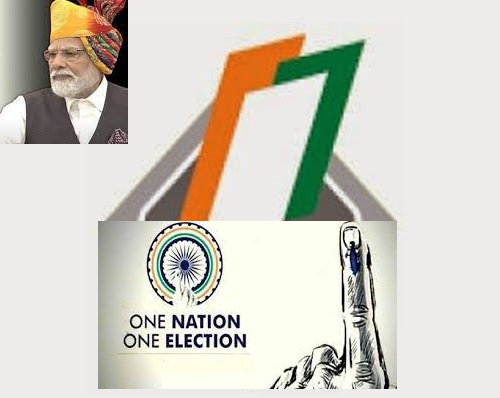One Nation One Election:
“One Nation One Election” is a concept that has captured India’s political landscape, driven by the goal of streamlining elections and fostering development. In this article, we delve into the essence of this idea, the government’s endeavors to make it a reality, and the compelling arguments for and against its implementation.
What is ‘One Nation One Election’?:
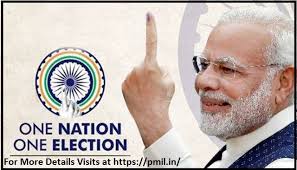
“One Nation One Election” seeks to synchronize India’s Lok Sabha and state assembly elections, allowing voters to participate in both polls on the same day or through phased voting, replacing the current staggered system.
Government’s Progress:
The Modi government embraced this idea in 2014, and in 2015, the Law Commission recommended it as a cost-saving measure. A meeting with political parties took place in June 2019 to discuss the concept. On September 1, 2023, a committee led by former President Ram Nath Kovind was formed to compile stakeholder input and prepare a comprehensive report.
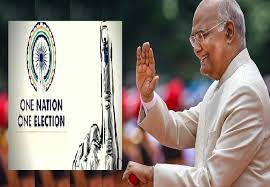
Feasibility and Challenges:
Implementing “One Nation One Election” faces considerable legal challenges. It necessitates either parliamentary legislation or the consent of two-thirds of states, potentially sparking resistance from non-BJP governments. This complex landscape may result in Supreme Court intervention.
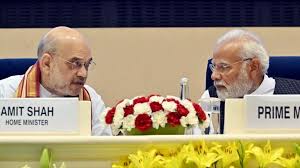
Government’s Motivation:
Despite the hurdles, the government may seek political mileage from this issue. Introducing a bill for “One Nation One Election” can be presented as a cost-effective initiative hindered by opposition parties, potentially garnering support in upcoming Lok Sabha elections.
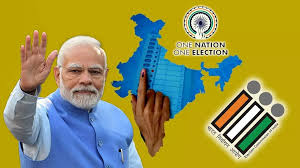
Arguments For and Against:
Supporters argue that frequent state elections hinder development, citing examples like Odisha, where synchronized elections led to shorter code of conduct periods, minimizing disruptions. Critics contend that national and state issues vary, potentially swaying voter decisions.
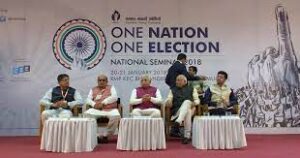
They also raise concerns that longer intervals between elections may reduce government accountability. The unpredictability of Lok Sabha dissolution before the five-year term adds complexity to the debate.
Conclusion :
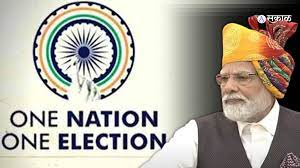
“One Nation One Election” is a multifaceted concept with compelling arguments on both sides. While it aims to streamline elections and cut costs, the legal prerequisites and potential impact on democratic processes must be carefully considered. The government’s pursuit of this initiative reflects its political ambitions, but the road ahead remains uncertain.
Image Courtesy: Google
For more related news – https://universenews.co.in/category/politics/
